We are not electronic beings
A new service called Usocial charges you about $200 (£125) to “buy” 1,000 new friends on Facebook and Twitter. Although the people who are being 'sold' don't realise it! Who is using this service?
“A woman in Detroit said she travels for business a lot,” said Leon Hill, uSocial’s chief executive. “She said she’ll be stuck in a hotel room without anyone close to her [this month]. She just wanted more people to keep in touch with during the holiday season.”A man moved to Taiwan six months ago, although he intends to return home next year. “Living out here, in the area I live in, there’s very little interaction. Very few people speak much English.I want to know what’s going on. You can read news on the internet, but you get a better gist of what’s going on through people’s opinions and chatting.”
We are more connected than ever before yet young people are lonely and facebook only adds to the problem.
“Social networking has not helped because it is a remote contact. Some young people don’t have any real friends.“They are completely surrounded by people, but they can still be lonely because they are not able to make lasting bonds.”
Sue Palmer, author of a book, Detoxing Childhood, said: “It is reckoned that 10 per cent of communication is through language. The rest is reading faces, expressions, body language, establishing tone of voice.If children are not developing those skills, then that is worrying. We’re not electronic beings.”
I reluctantly joined facebook about a year ago. I set up an account as 'Redjotter' as I wanted to use it to connect to people for 'work, inspiration, networking et al'. None of my family or 'real friends' who I see most days are my friends on facebook. People laugh at me because of this but it just didn't feel right. Of course there is an overlap as many people I 'work' with have become very good friends.
This article makes me think of that scene from the movies when a lonely someone is standing outside in the cold peeking through the windows of a family home wishing they were part of it. It seems when some young people look at their 'facebook friends' it makes them feel the 'friends' are having more fun, visiting more exciting places and generally leading more exciting lives than they are and this can only lead to feelings of vulnerability.It is sad but seems to be as true as always.
Instead of focusing energy, talent on skills on ventures such as uSocial we should be thinking about how to make real conversation happen.


